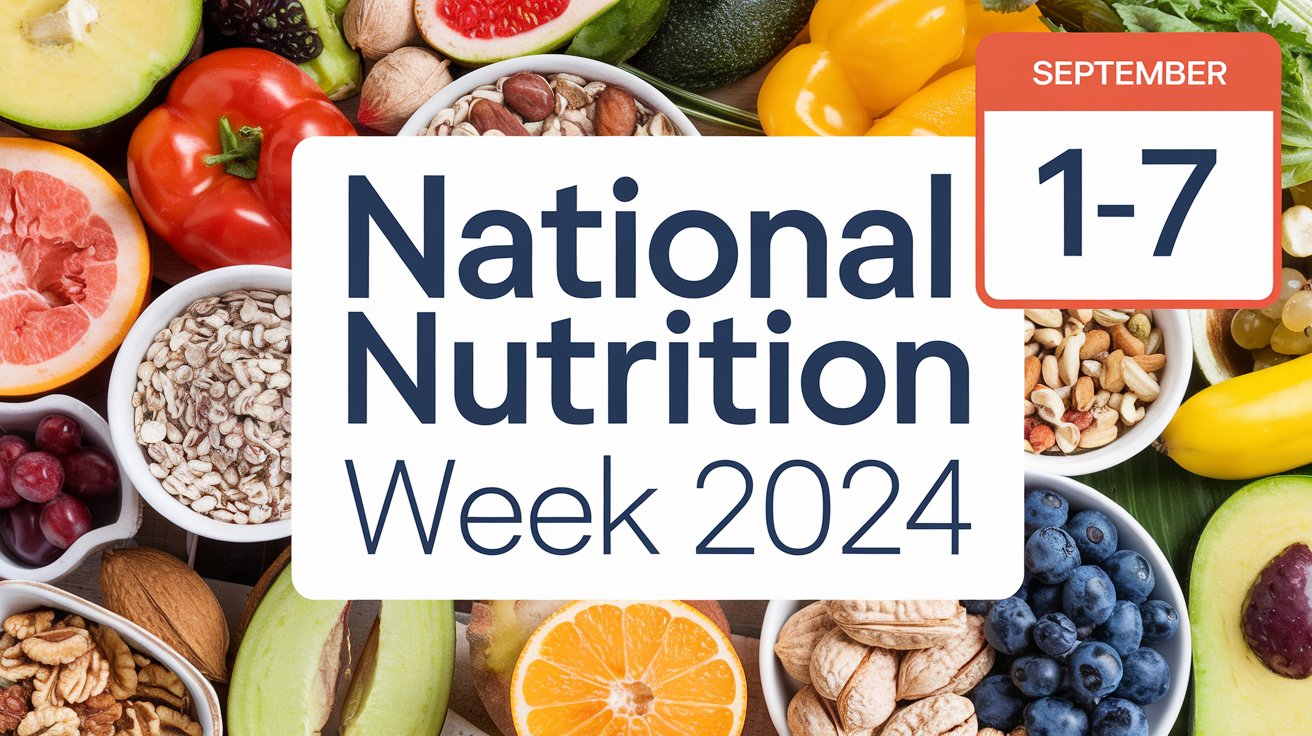Ensuring Smooth Travels with Proper Documentation
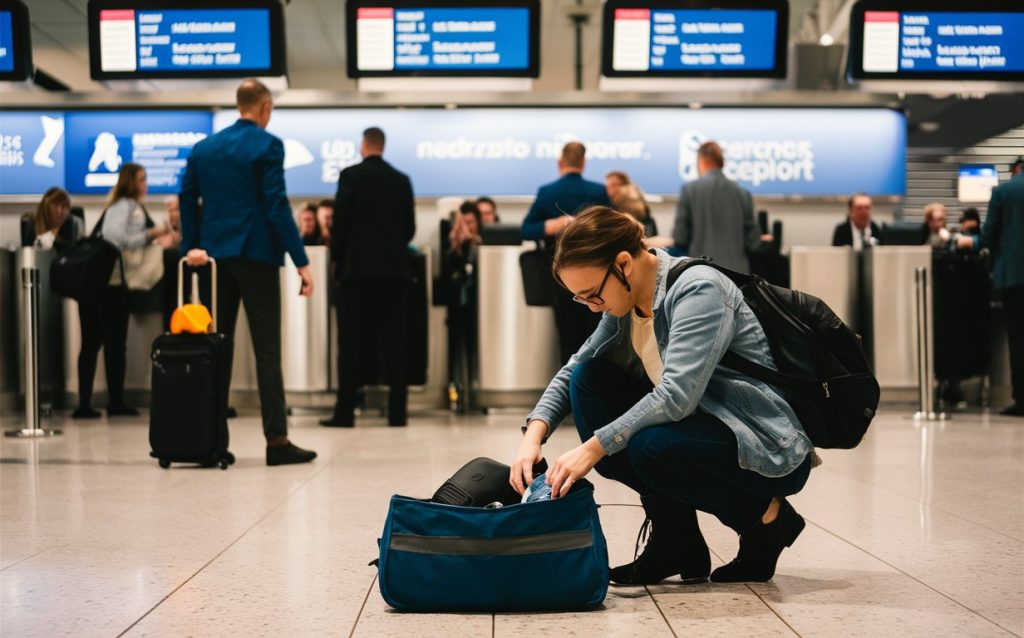
JFK Airport, bags packed, excitement building. Then the dreaded question: “May I see your visa?” My world crumbled as I realized I’d left it at home.
In a panic, I searched my phone and found a digital copy of my visa application. Luckily, it was enough to let me board.
I learned a very important lesson from that near-disaster: travel documentation is important. I’m much more careful now with my preparations. I carry both paper and digital copies, using an extensive checklist, and always double-check before leaving the house.
Checklist for Hassle-Free Travel
Heading on a trip? Don’t worry about forgetting important stuff. Our easy checklist has got you covered. We’ve listed everything you need, from passports to emergency phone numbers. With this guide, you’ll have no trouble at airports or borders. Just pack, check the list, and get ready for a fun adventure!
1. Passport and Visa Essentials

Passport: Your passport is your essential travel document when traveling abroad. Make sure it is good for a minimum of six months after the date you want to return. If it expires before then, several nations won’t allow you entry.
Make sure it is good for a minimum of six months after the dates of your trip. Check the visa requirements for your location as well, and if necessary, apply far in advance.
Visa(s): Determine whether you require a visa for your intended trip. Apply as soon as possible because processing times can change.
Driver’s license or other government-issued ID: Useful for domestic travel and as a backup identification.
2. Travel Insurance: Protection Abroad
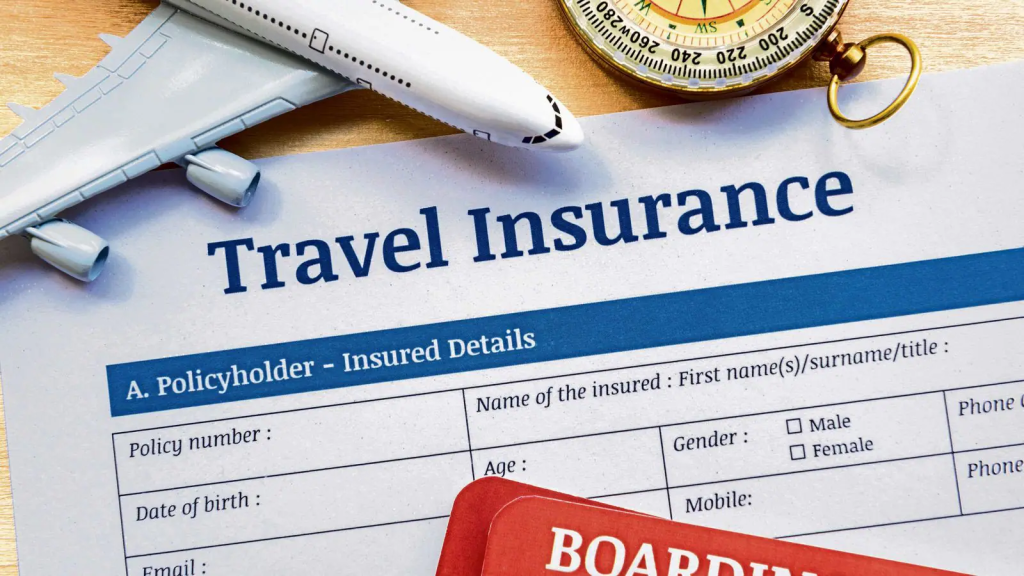
Travel insurance policy: Carry a copy of your travel insurance policy along with your emergency contact information. If you get sick or misplace your luggage, it can save your life. It’s crucial for mental well-being when traveling, particularly to foreign places.
Vaccination records: Some countries require proof of certain vaccinations. A yellow fever certificate is common in parts of Africa and South America.
Prescription drugs: Always keep them in the original, clearly marked packaging. Provide a note from your doctor outlining your need for them, particularly in the case of banned substances.
3. Financial Essentials: Managing Money Matters

Cash and credit cards: Let your bank know about your travel schedule to prevent card blocking. When you arrive, bring some local cash for immediate needs. Notify your bank of your travel plans to avoid card issues abroad.
Bank statements: Certain nations may require evidence of sufficient funds.
Hotel and flight reservations: Reservations for hotels and flights should be printed out or kept handy on your phone.
4. Emergency Contacts and Backups
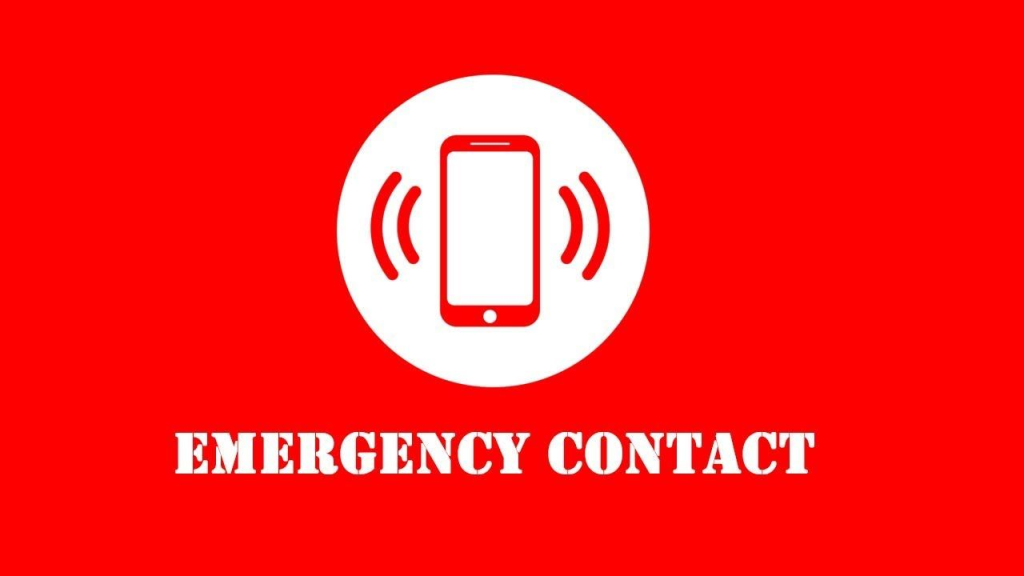
Emergency contact list: Include family members, your embassy, and your insurance provider.
Document copies: Keep photocopies or digital scans of all important documents separate from the originals.
Make sure you have a detailed itinerary that details your travel plans, hotel reservations, and contact information for any embassies or consulates you may be visiting. Give your itinerary to a family member or a reliable acquaintance.
5. Miscellaneous but Mighty
You can enjoy discounts on transportation and attractions with senior citizen cards and student IDs. A valid international driving permit is required if you plan to rent a car across many nations.
Bring credit/debit cards, traveler’s checks, and a small amount of local currency. Notify your bank of your travel plans to avoid card issues abroad.
Expert Advice
Learn More –https://www.airindia.com/in/en/travel-information/visa-documents/documents-required.html
Arrange your papers in a document organizer or travel pocketbook.
Take into account storing digital copies in a safe cloud storage provider.
Give a set of copies to a family member or friend you may trust at home.
Keep in mind that having the appropriate paperwork will help you travel with less stress, money, and time wasted. Always check the specific regulations for your location, as they may change and vary by country.


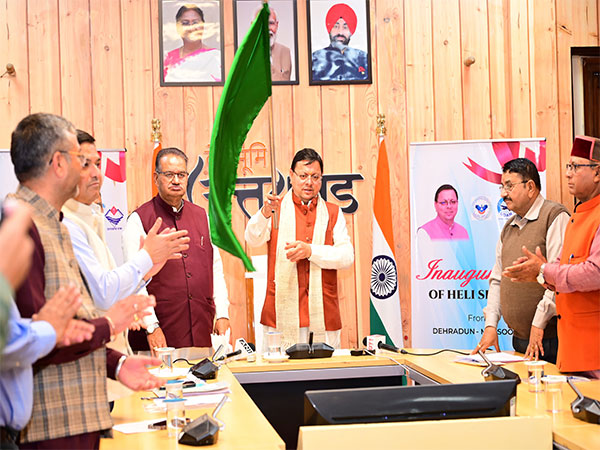
 By
By

 By
By





